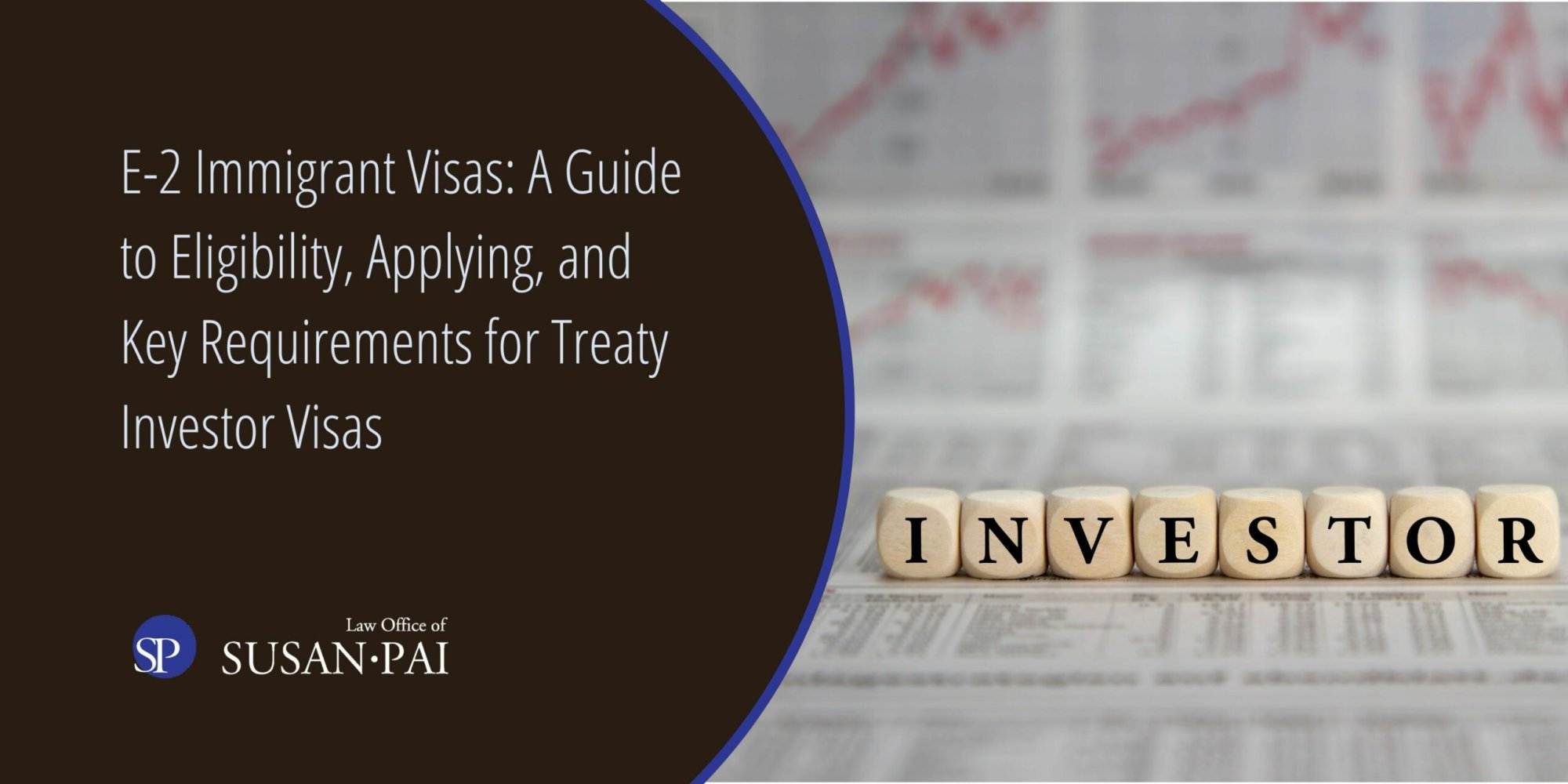What border agents search and seize; Phones top the list of the 1,644 electronic devices scrutinized in a nine-month period
Hugo Martin
20 February 2010
Los Angeles Times
In the last year and a half, civil liberties groups and business travel leaders have complained about U.S. Border Patrol agents’ broad authority to search and seize laptops and other electronic gadgets carried by international travelers. But new information details the extent to which this has happened.
Debate over the searches picked up steam in July 2008 when federal officials issued a policy directive that makes clear that agents at airports and borders can look into electronic devices without first establishing suspicion of wrongdoing.
In a recent nine-month period, U.S. Customs and Border Protection searched or seized 1,644 devices from travelers entering and leaving the country, according to data the American Civil Liberties Union obtained through a lawsuit.
The most common target: cellphones.
Of the searched or seized devices, 582 were cellphones, 398 were laptop computers and 259 were digital cameras. The rest included MP3 players, flash drives, hard drives and DVDs.
The ACLU data don’t say how many travelers crossed the borders during that same period, but the border protection agency estimates that 22 million travelers enter the U.S. per month.
So the number of people whose devices were searched “is much less than one-tenth of 1%” of the total, said Kelly Ivahnenko, a spokeswoman for the Department of Homeland Security, which oversees U.S. Customs and Border Protection.
The new data were part of nearly 900 pages of documents obtained by the ACLU through a Freedom of Information Act lawsuit filed in June. The civil liberties group disclosed the information in January and expects to collect more this month.
The ACLU insists that border agents should be required to establish a suspicion that a traveler is breaking the law before they can search electronic devices.
“The ACLU doesn’t object to searches of electronic devices where there is a reasonable suspicion of wrongdoing,” said Catherine Crump, an ACLU attorney.
The Assn. of Corporate Travel Executives, a nonprofit group that represents 2,500 members worldwide, also objects to the searches.
Susan Gurley, executive director of the group, testified before a congressional subcommittee last year, saying she worried that important data carried by business travelers — including confidential material — could be lost, be delayed or end up in the wrong hands during a search.
Ivahnenko, the Homeland Security spokeswoman, defended the search policy, saying the effort is not meant to harass law-abiding travelers but to catch terrorists, child pornographers and other criminals.
“We are looking for people who are breaking the law,” she said.
Ivahnenko said concerns that seized data could end up in the wrong hands are unwarranted. Border agents are professionals who are trained not to disclose seized information unless it involves criminal wrongdoing, she said. “That is not the role or purpose of our inspections.


